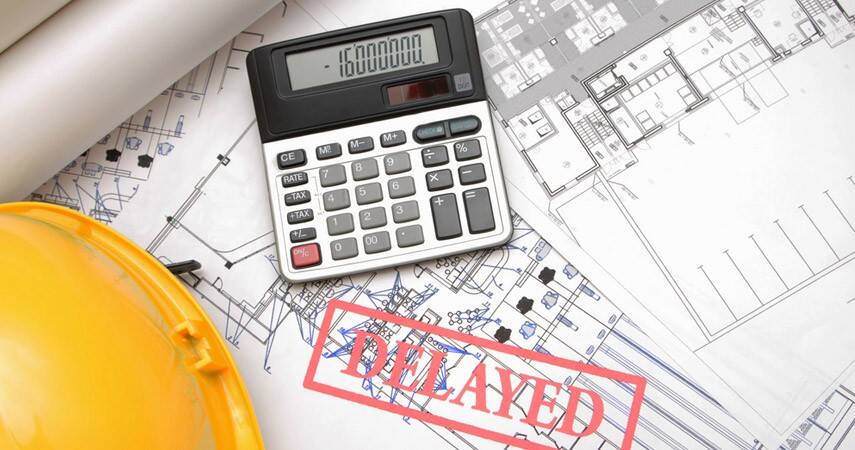Going to the court against the developer may be a costly affair but the never ending wait to get the possession of the house along with some changes in the project and the compromise on the quality of material used often compels buyers to knock on the door of law. Generally, buyers hesitate from going to the court for the same because of the cost involved and the time it will need.
After the due date gives for the possession of the property is over, the buyer should visit the site and take a good look at the situation. If the construction is way under than expected and shows no sign of speeding up then the buyer may go to the court with the required proofs.
The court will need a solid proof and ground to file a case against the developer. The court of law will not rely on anything verbal so it is better to get everything in written from the developer at the time of closing the deal. It is important to show the court all the legal documents signed by the parties, advertisement brochure and booklet by the developer, payment receipt, and details, emails exchanged between both the parties and the photographs of the construction site etc.
A delay of around six months in completion and handing over of the project is justified, but if it exceeds longer than the buyer can take a legal action.
It is better to send a legal notice before taking any legal action against the builder. It will act as evidence from the buyer’s end during court proceedings. It is also wise to fight the legal battle in a group rather that alone, whether with the builder or at the court.
Before closing the deal, it is buyer’s responsibility to check the background of the developer and their previous projects. Buyer should make a thorough research on whether the land on which the building is constructed is in the name of the builder or not. If the project is a collaboration between two developers, check if they have done it in the past and all the individual projects they have completed.







